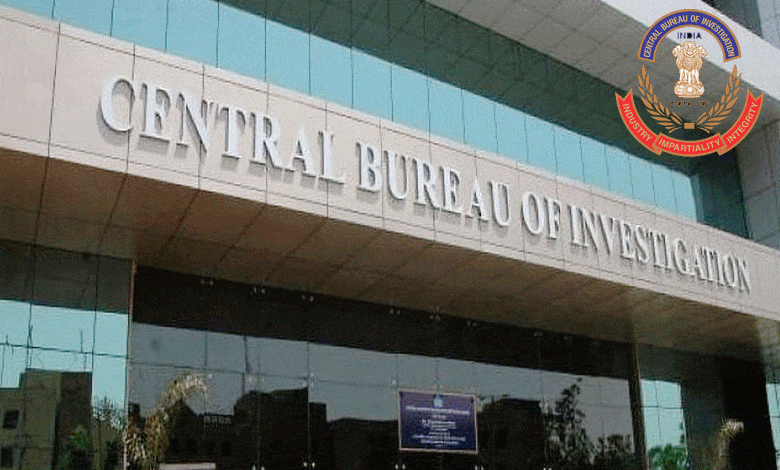CBI Books Chief Engineer of USBRL Project for Bribery: Major Corruption Scandal Exposed
"CBI books Chief Engineer of the USBRL project for bribery in clearing pending bills. Read about the corruption scandal, its impact, and the future of India's ambitious railway project."

Jammu: In a significant development, the Central Bureau of Investigation (CBI) has booked a senior railway official for alleged bribery in the ambitious Udhampur-Srinagar-Baramulla Railway Link (USBRL) project.
CBI Charges Chief Engineer of Konkan Railways for Corruption
According to official sources, the CBI has registered an FIR against Sumeet Khajuria, a 2005-batch officer of the Indian Railway Service of Engineers (IRSE). Khajuria, who held the position of Chief Engineer in the Konkan Railways, is accused of accepting bribes to clear pending bills related to the construction of the Katra-Dharam section of the USBRL project.
The investigating agency has also named Paras Railtech Private Limited and its directors—Rajesh Kumar Jain, Pushp Raj Singh, and Sulabh Rawat—as accused in the case. The FIR has been lodged under sections of the Bharatiya Nyaya Sanhita (BNS) related to criminal conspiracy and provisions of the Prevention of Corruption Act.
Details of the Bribery Case in the USBRL Project
CBI sources revealed that Khajuria and the company directors engaged in corrupt practices while clearing pending bills and revising cost estimates for the removal of tunnel muck. The USBRL project, a crucial initiative supervised by the Konkan Railway Corporation Limited, has been under the scanner for allegations of financial irregularities.
The case highlights the deep-rooted corruption in large-scale infrastructure projects and raises concerns about transparency and accountability in India’s railway construction sector.
USBRL Project: A Historic Milestone for Indian Railways
The Udhampur-Srinagar-Baramulla Railway Link (USBRL) is one of India’s most ambitious railway projects, connecting the Kashmir Valley with the rest of the country. It involves challenging engineering feats, including the construction of the world’s tallest railway bridge and India’s first cable-stayed railway bridge.
The project has undergone multiple tests for operational readiness, and sources indicate that it is on the verge of formal inauguration, depending on Prime Minister Narendra Modi’s schedule this month. Once operational, the Vande Bharat train is expected to run on this railway link, providing a modern and efficient transport option for passengers.
Impact of the USBRL Project on Jammu and Kashmir
The completion of the USBRL project will have a transformative impact on the region, significantly benefiting various sectors such as:
- Tourism: Improved connectivity is expected to boost tourism in Kashmir, making travel to scenic locations easier for domestic and international visitors.
- Horticulture and Agriculture: Farmers and traders will benefit from enhanced transport facilities, enabling them to move goods efficiently across India.
- Industry and Economy: Business and industrial growth are expected to surge due to better connectivity with key markets.
- Education and Employment: Students and professionals will have improved access to educational institutions and job opportunities in other parts of the country.
Additionally, the railway link will provide a safer alternative to the often-treacherous Jammu-Srinagar highway, which remains vulnerable to landslides, snowfall, and other natural hazards.
Railway Corruption Scandal: A Call for Greater Transparency
The bribery allegations against the chief engineer and the involvement of a private construction company in financial irregularities underscore the urgent need for stronger governance in public infrastructure projects. The CBI’s action serves as a warning to those engaging in corrupt practices and highlights the importance of accountability in government contracts.
As investigations progress, the case is expected to unravel more details regarding the extent of corruption in the USBRL project. The railway ministry and other concerned authorities may implement stricter regulations to ensure financial integrity in future railway developments
